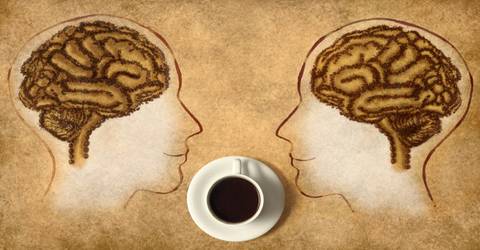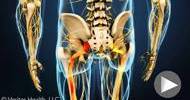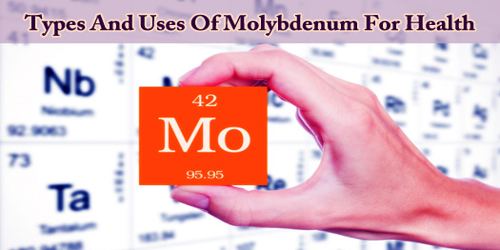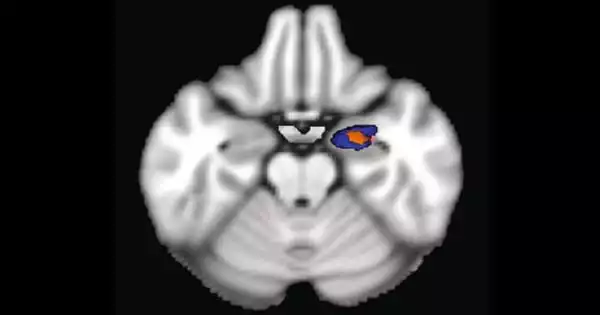Caffeine affects brain task and researchers have been investigating whether caffeine improves memory and learning maintenance or hinders it. The health effects of coffee are relatively controversial. For example, it is high in antioxidants and connected to a condensed risk of various diseases. However, it also contains caffeine, a stimulant that can cause troubles in some people and interrupt sleep.

Caffeine is a natural stimulant
The major element in coffee is caffeine – a compound that obviously derives from over 60 dissimilar plant sources, including coffee beans, tea leaves, cacao seeds and cola nut seeds.
Caffeine acts as a tonic by activating the essential nervous system. It can combat tiredness and develop concentration and focus. According to the University of Michigan Health Service, the stimulating effects of caffeine can start as early as 15 minutes after consumption and last up to 6 hours.
Other than coffee, caffeine is usually consumed through tea, soft drinks – particularly energy drinks – and chocolate. It is also found in some prescription and non-prescription drugs, such as cold, allergy and pain medication.
What caffeine does to your brain?
On the chemical level, caffeine is structurally parallel to adenosine, a chemical that makes us sleepy. When we drink coffee, caffeine binds to our brain’s adenosine receptors, preventing the chemical from binding with the receptors and making us tired. For those of us who regularly drink coffee in copious amounts, our brains develop more adenosine receptors, so it takes more coffee to keep us awake. That also helps explain why we turn into exhausted monsters when we try to wean ourselves off of coffee, as having more adenosine receptors means more adenosine makes its way into our brains.
Caffeine also builds up the adrenaline supply, which increases heart rate, gets blood pumping, and opens up airways. And, caffeine prevents dopamine from getting reabsorbed into your system, leaving the feel-good chemical hanging around in your brain longer.

Why is Coffee may good For You?
- Coffee May Help Protect Your Brain in Old Age, Leading to Reduced Risk of Alzheimer’s and Parkinson’s. Studies have shown that coffee drinkers have up to a 65% lower risk of developing Alzheimer’s disease. Coffee drinkers have a 32-60% lower risk of Parkinson’s disease. The more coffee people drink, the lower the risk.
- Coffee Drinkers Have a Much Lower Risk of Type 2 Diabetes. Type II diabetes is a lifestyle-related disease that has reached epidemic proportions, having increased 10-fold in a few decades and now afflicting about 300 million people.
- Coffee Drinkers Have a Lower Risk of Liver Diseases. The liver is an incredibly important organ that has hundreds of different functions in the body.
- People Who Drink Coffee Are at a Much Lower Risk of Depression and Suicide
Kids and adolescents ‘should avoid caffeine consumption’. The majority of pediatricians recommend that this population should avoid caffeine consumption, particularly since it is unknown as to how excessive caffeine intake impacts the developing brain.
Side Effects of Drinking Coffee
Ulcers, IBS and Acidity: Many of the compounds in coffee like caffeine and the various acids found in coffee beans can irritate your stomach and the lining of your small intestine. It’s known to be a problem for those suffering from ulcers, gastritis, IBS and Crohn’s disease and doctors generally advise patients with these conditions to avoid coffee completely.
Heartburn Problems: Acid reflux and heartburn can be caused by coffee due to the way it relaxes the lower esophageal sphincter. This small muscle should remain tightly closed once you’ve eaten to prevent the contents of your stomach from coming back into the esophagus and burning its delicate lining with hydrochloric acid.
Mineral Absorption, Your Kidneys and Coffee
Heavy coffee drinkers may have difficulty getting enough minerals in their diet, even if they eat mineral rich foods or take supplements. This is due to the way coffee affects iron absorption in your stomach and particularly your kidneys ability to retain calcium, zinc, magnesium and other important minerals.
Conclusion
Many people are very protective of their coffee and probably won’t like to hear all of these health problems associated with it. But if you’ve made it reading this far, perhaps you have a feeling that there could be some value in cutting down a bit or even replacing it altogether.
















